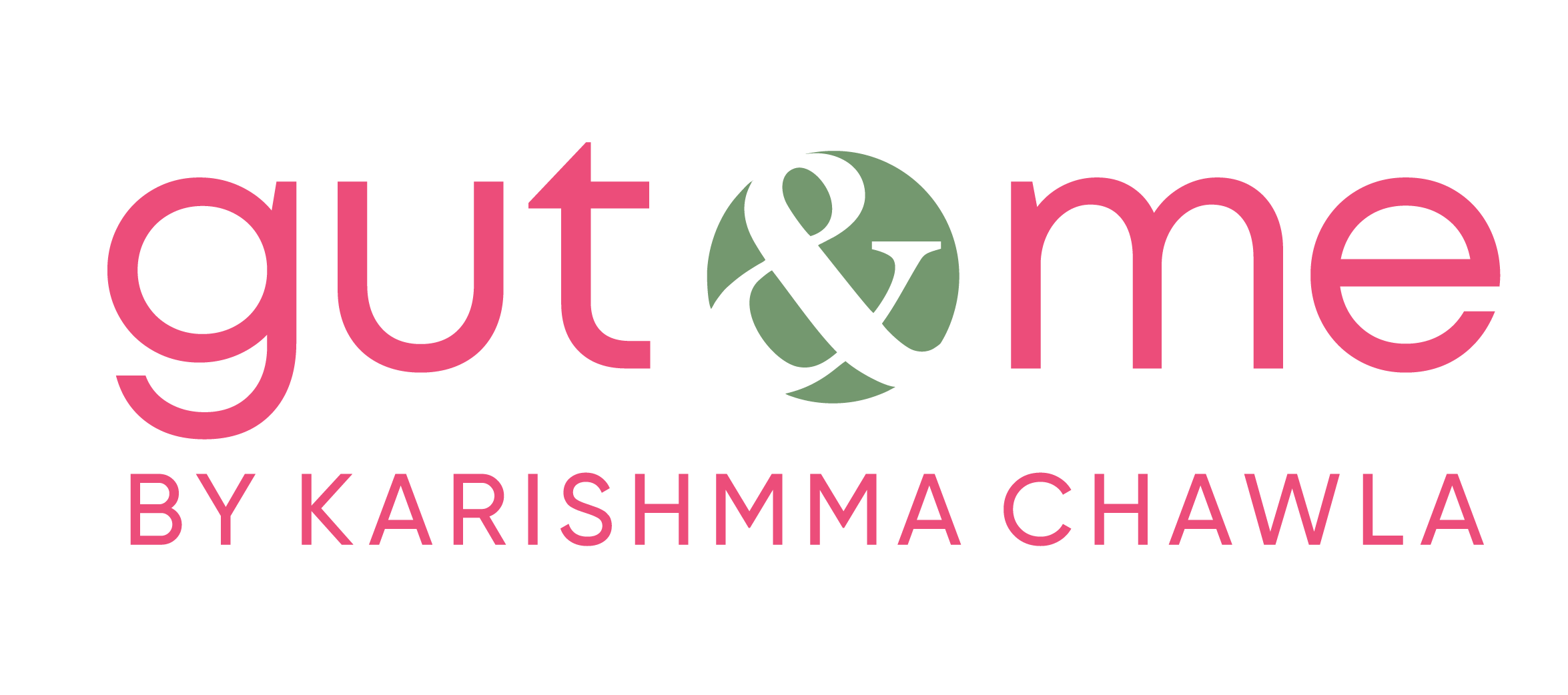Brain and gut connection is never ending, your hunger, loss of appetite, emotional eating everything is intertwined with the gut in different ways. Vagus nerve: Cranial nerve that extends from the brain to the bowels and back again branching out to connect with other major organs through nerve endings this is the major nerve that carries out different functions in the body and plays a major role when it comes to the food. This informative superhighway is known as the “wandering nerve.”
● It plays important role in digestion
● It’s like the captain of your nervous system.
● It’s the gut-brain signaling pathway for neurotransmitters like acetylcholine and
GABA (gamma-aminobutyric acid)
A healthy vagus nerve helps with bodily gut regulation as it performs in favor of the body, interestingly if I want to decode it, this nerve magically works for the betterment of the gut motility and the eating sensations.
1. Motility (movement of contents through and out of the GI tract)
○ Impacts the speed of peristalsis (the movement of food in your intestine), whole digestion depends on this crucial movement of the food, imagine a water pipe if it is twisted or been stamped on will the water pass through? No right simply that way if our intestines are disrupted or been harrowed with the stress or too much of gas will also make the food movement slower and motility will be harmed
○ For example: Under stress, motility is not a priority therefore the transit time increases producing an extra amount of the gas, now you know where that bloating & gassiness is coming from!
2. Appetite regulation
○ Involved with signaling of food intake (signals fullness to the brain)
○ Regulates insulin and glucose, insulin is the hormone that makes your life easier and helps the sugar molecules to get in the cell and give you that top-notch energy. Your sugars and insulin are like partners they should be in stable relation to each other and=y one of them increases or decreases can directly hamper your energy levels and can also have some subsequently different problems
○ Main pathway for ghrelin (hunger hormone) this hormone plays a very important role in one’s eating habits and amount of appetite one has, ghrelin triggers the hunger so that one can eat on time when the body needs the energy loads
3. Stimulating vitamin B12 intake in the body
B12 is one of a kind vitamin that has a direct connection with the brain as it is also called a neurotransmitter, so an adequate amount of this vitamin is much of a need
We can always work on making our nerve health better, there are multiple ways to stimulate our vagus nerve naturally let me give you some here.
Acupuncture: Can help produce an anti-inflammatory response and reduce the stress in the body and nerves will slowly calm themselves down
Cold plunge: Can help build the immune system by building stress resilience, shock from the cold water repels the body to work more effectively
Examples:
o Going from hot to cold shower the fluctuation in the temperature will calm the nerves of your body
o Spa pools, who doesn’t love the spa, we all need that calm and soothing feeling in our body so our mind will relax so the nerves too
o Splash cold water on the face this process will give that sparking energy to the nerves
Deep breathing: This will increase the variability of heartbeat
o Extended exhales, in particular, support healthy vagal tone.
Examples:
o Alternate nostril breathing for better respiration and oxygen built up in the body
o Belly breathing, breathing from your core helps internal organs to breathe at once this can be done as an exercise
Gentle movement: Yoga and tai chi can both increase vagal tone and levels of
GABA due to movement/breath combination.
Helpful yoga poses include:
o Gentle backbends
o Inverting body with legs up against wall
o Sun salutations (suryanamaskar)
Pranayama: Yoga of breathing
Positive emotions: Bad thoughts in any ways increases your unnecessary stress, Positive emotions gradually increase the variability of the heartbeat and will also impact GI health/digestion.
Examples:
o Laughter
o Meditation
o Social connection and interaction with others will always enlighten our brain cells in different ways
o Vocal work (e.g., singing, chanting)
In conclusion, I would like to put it that way as with understanding gut health through multiple lens brain and vagus nerve come into one of the lenses where if we keep the gut healthy the vagus nerve will work efficiently and vice versa. Take care of your gut it will take care of your brain too!
Gut health is a science, not a mystery. Let Karishmma Chawla decode the complexities with her expert guidance. Contact now for a customized nutritional plan!





